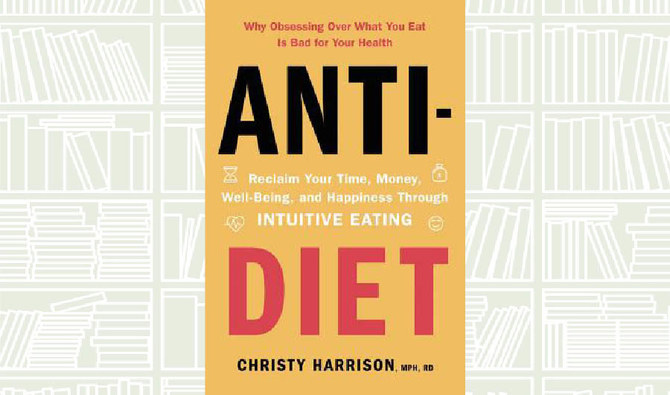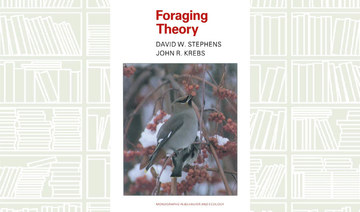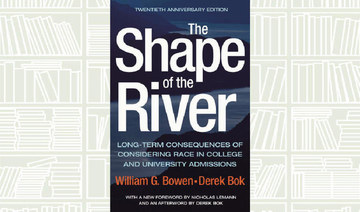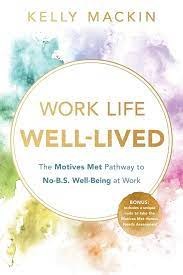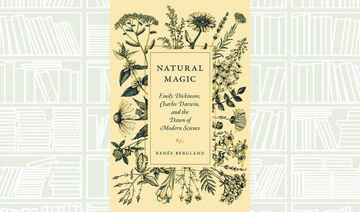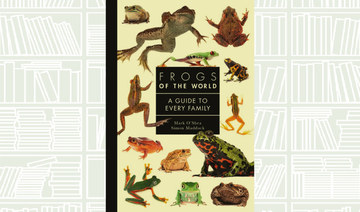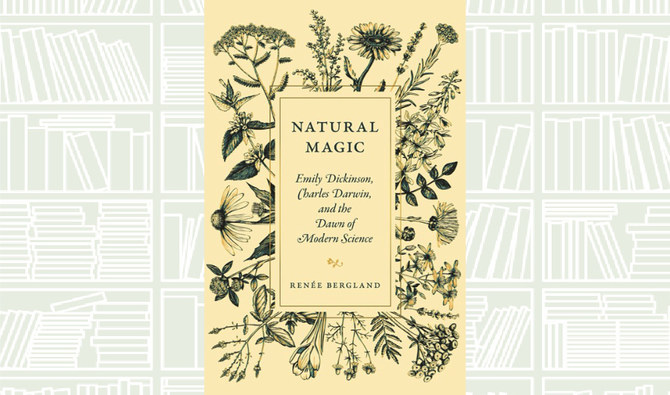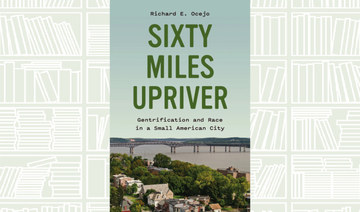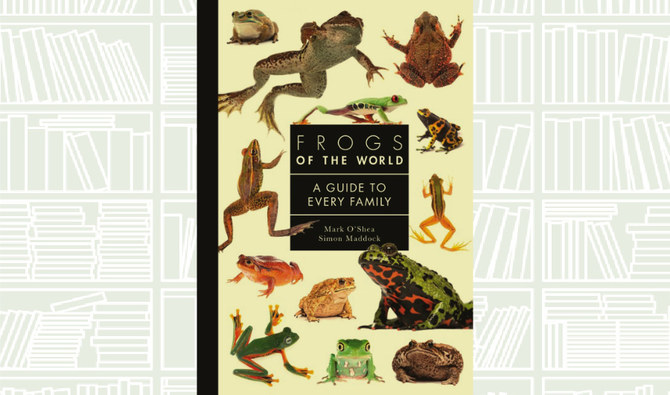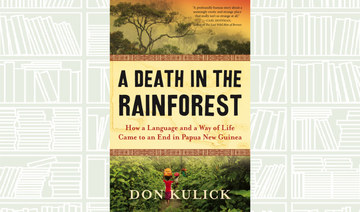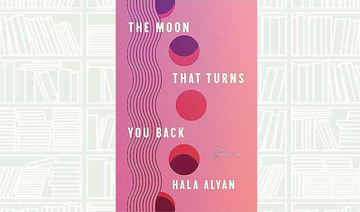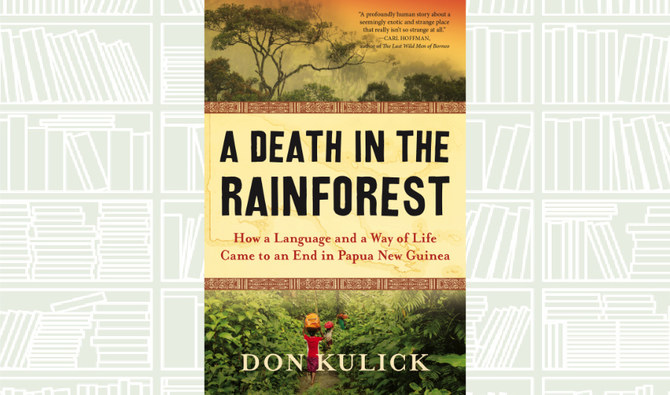Sixty-eight percent of Americans have dieted at some point in their lives. But upward of 90 percent of people who intentionally lose weight gain it back within five years. And as many as 66 percent of people who embark on weight-loss efforts end up gaining more weight than they lost.
If dieting is so clearly ineffective, why are we so obsessed with it?
In Anti-Diet, Christy Harrison takes on the diet culture and the multibillion-dollar industries that profit from it, exposing all the ways it robs people of their time, money, health, and happiness, according to a review published on goodreads.com.
It will turn what you think you know about health and wellness upside down, as Harrison explores the history of diet culture, how it has infiltrated the health and wellness world, how to recognize it in all its sneaky forms, and how letting go of efforts to lose weight or eat “perfectly” actually helps to improve people’s health — no matter their size.



